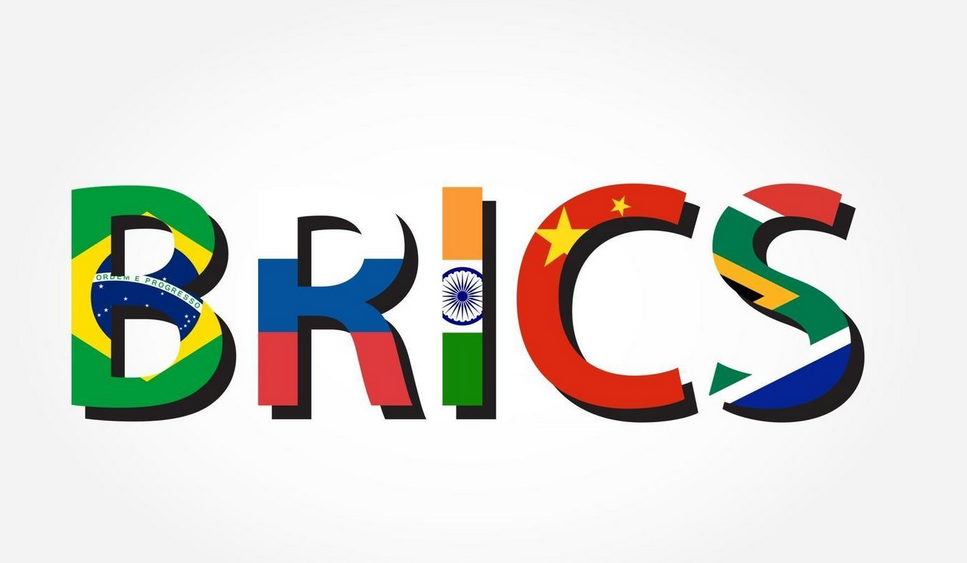KUALA LUMPUR – In a significant development that marks a new chapter in global economic alliances, Malaysia has officially expressed its intention to join the BRICS economic bloc. This move comes as the nation seeks to diversify its economic partnerships and strengthen its position within the international community. The BRICS alliance, originally comprising Brazil, Russia, India, China, and South Africa, represents a coalition of emerging economies that collectively account for a substantial portion of the world’s GDP and population.
The Malaysian Prime Minister, Anwar Ibrahim, has been proactive in this pursuit, having submitted a formal application to the Russian government, which currently chairs the BRICS group. This application follows a series of diplomatic engagements, including discussions with Russian Foreign Minister Sergey Lavrov during his visit to Kuala Lumpur in late June 2024. The Malaysian government’s initiative underscores its strategic approach to foreign policy, aiming to establish balanced relations with various global powers.
The potential inclusion of Malaysia in BRICS is seen as a mutually beneficial move. For Malaysia, it promises access to a larger market and increased investment opportunities, particularly in sectors where the country has competitive advantages, such as palm oil, rubber, and electronics. For BRICS, Malaysia’s membership would expand its economic and geopolitical influence, further challenging the traditional dominance of Western-led economic groups like the G-7.
Economic analysts suggest that Malaysia’s bid for BRICS membership could offer substantial opportunities for local businesses, enhancing market access and fostering trade relations with member countries. This is particularly relevant as the global economy continues to navigate the complexities of trade wars, supply chain disruptions, and the ongoing effects of the pandemic.
The expansion of BRICS, with recent additions including Egypt, Ethiopia, Iran, and the United Arab Emirates, reflects the bloc’s growing appeal to nations seeking alternatives to Western-centric economic models. Malaysia’s application is a testament to this trend, as the country positions itself alongside other emerging economies in shaping a new economic order.
As the world watches this development unfold, the question remains: will Malaysia’s bid be successful, and how will this reshape the dynamics of global economic cooperation? The answer to this will unfold in the coming months, but one thing is certain: Malaysia’s move signals a bold step towards a more diversified and resilient economic future. (zai)

